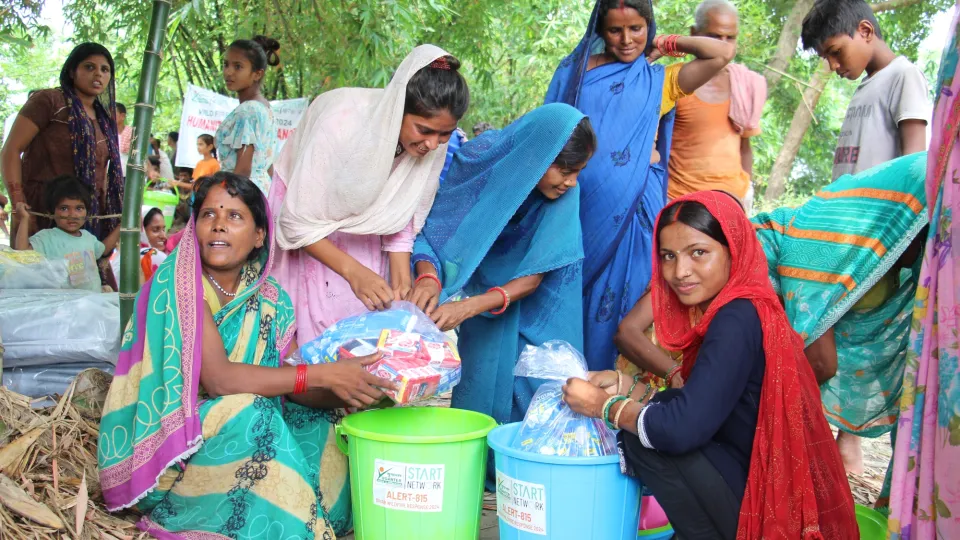
Who is still talking about gender?
How we can better incorporate gender principles in short-term humanitarian programming.

How we can better incorporate gender principles in short-term humanitarian programming.
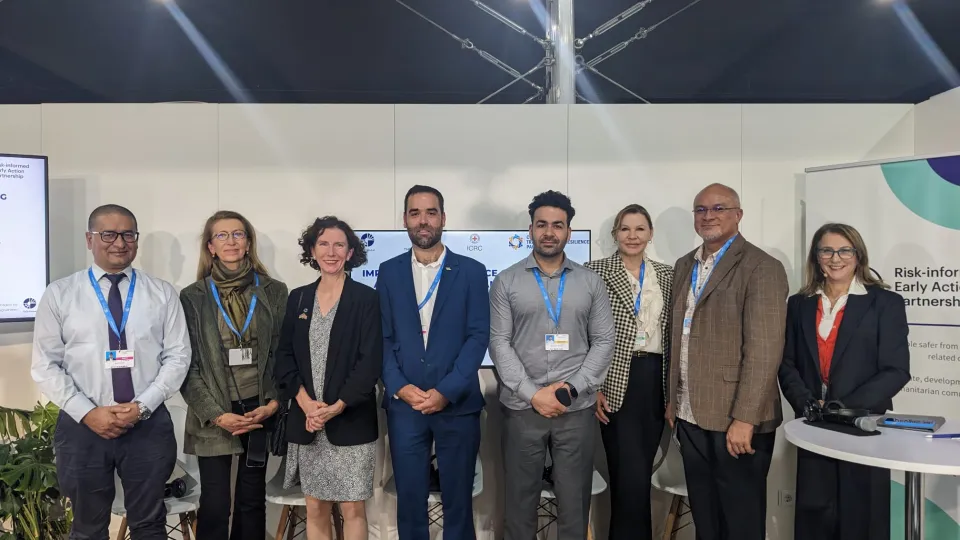
Dubbed the ‘Finance COP’, the expectations for this year’s conference were significant. Start Network’s engagement in the lead up to and during COP29 reflected our values as a system change organisation.
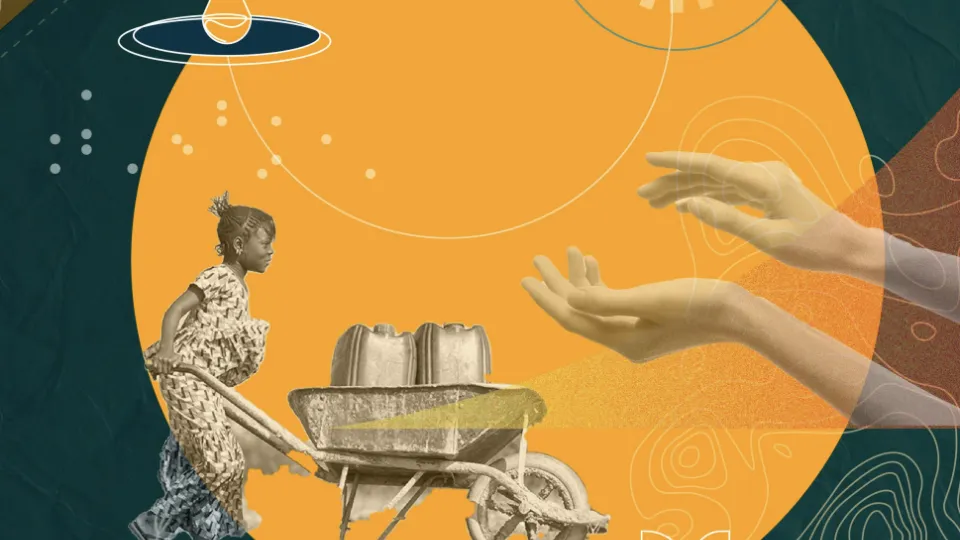
The science is clear. Climate change has led and continues to lead to widespread adverse impacts and related losses and damages to nature and people that are escalating with every increment of global warming.
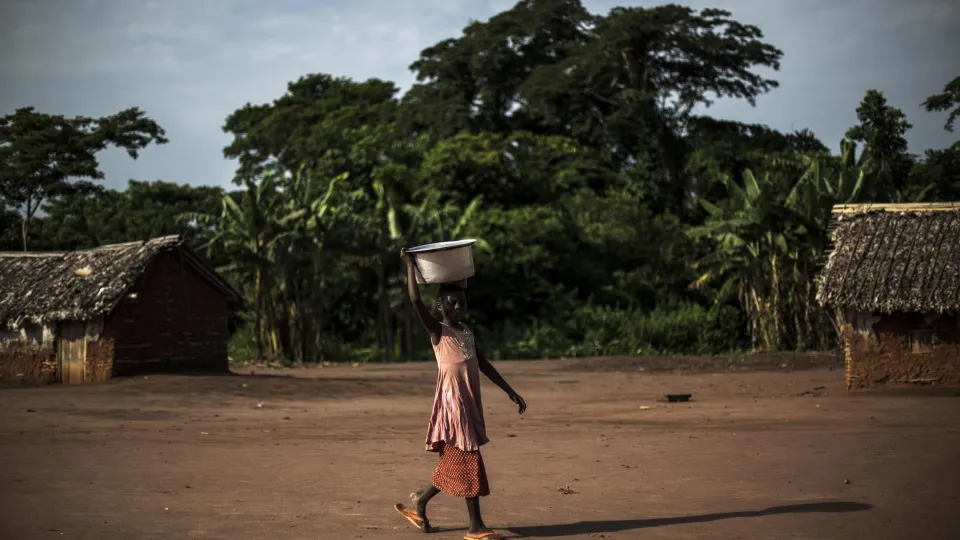
Nearly 30 years ago, in March 1995, the first United Nations (UN) Climate Change Conference, COP1, was held in Berlin, Germany.
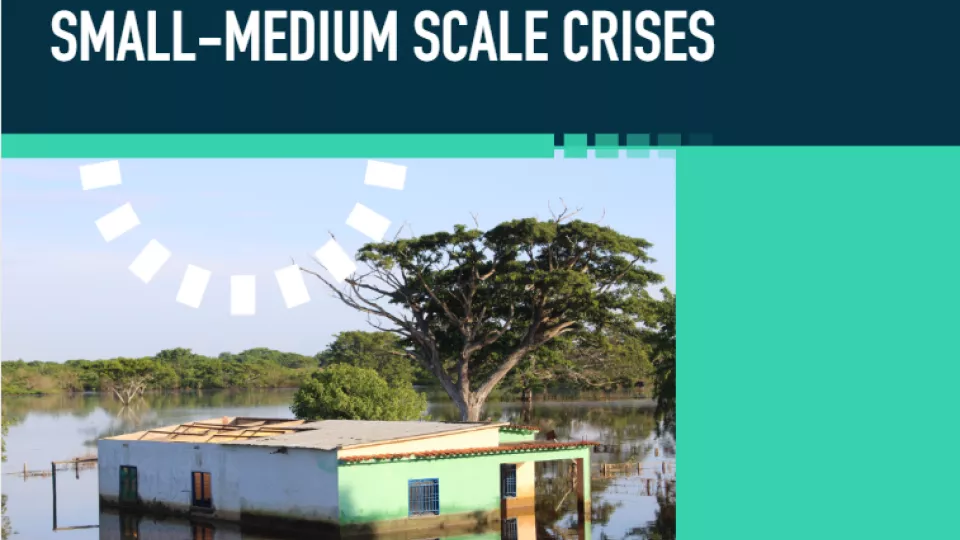
This report summarises research for the Global Start Fund on climate change impacts on small and medium-scale crises.
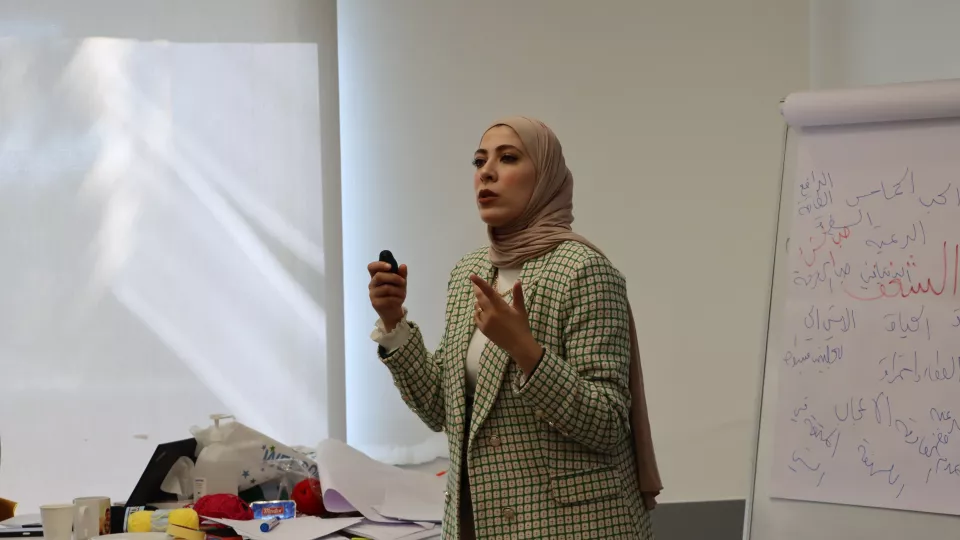
This grant sought to enable the creation of new methodologies to measure the success and impact of humanitarian interventions. The Community-Led Approaches to Monitoring, Evaluation, Accountability, and Learning (MEAL) Research Grant was created in March 2022, with support from the Conrad N. Hilton Foundation and the IKEA Foundation. This grant formed part of the Start Network’s push for a locally led humanitarian system and to meet the participation revolution commitment in the Grand Bargain, which seeks to promote the link between effective participation and the quality and effectiveness of humanitarian response.
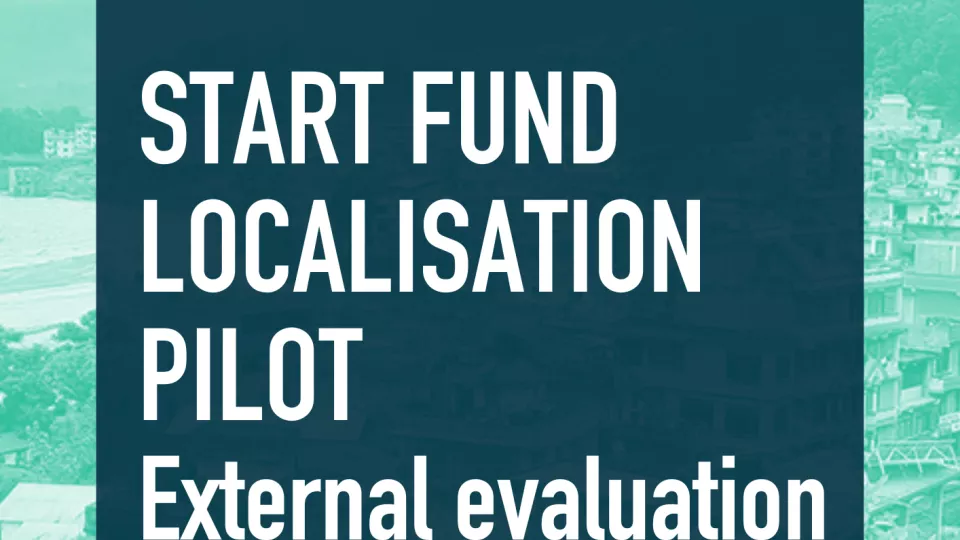
This is an independent, external evaluation of the Start Fund’s ‘localisation pilot’ conducted in late 2022. The purpose of the evaluation is to assess the extent to which the global Start Fund is ready in terms of current and planned processes, practices and capacity, to develop into a more locally-led humanitarian model while maintaining its mandate to respond rapidly to the gaps and unmet needs of people in, or at-risk of crisis.
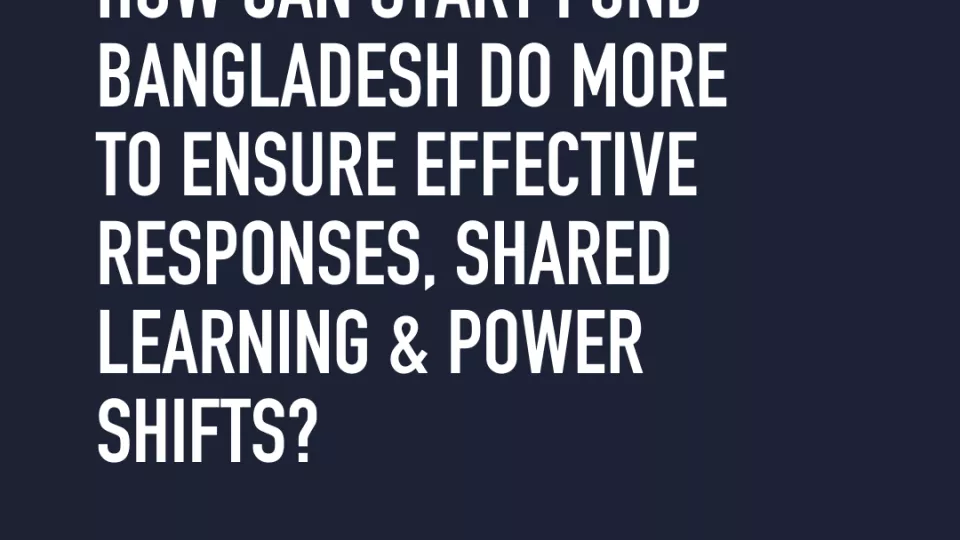
Bangladesh has faced one of the worst flash floods in history in 2022, where northeastern region of the country was devastated by consecutive flash floods during the months of May to June. The affect of the flooding led to more than 7.2 million people directly affected and more than 50% of the affected population in need of humanitarian assistance.
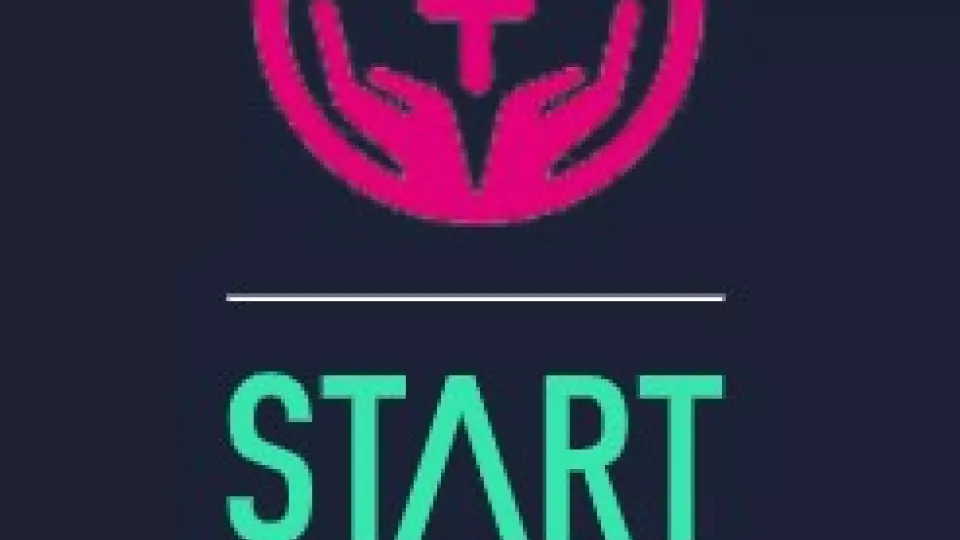
In January 2022 AFPDE was awarded Start Network’s Sharing Knowledge and Ideas Under Local Leadership (SKILL) Grant, to conduct a peer learning programme focused on a research project of their choosing. AFPDE connected with other local, national and international organisation as well as members of the community and local officials, to organise a series of research activities and explore community resilience in Nundu, Lemera and Ruzizi health zones of the DRC. This report is condensed from the full research report written by Bagula Amato, who was the consultant hired by AFPDE to lead the data collection and research analysis which captures the findings and recommendations from this work.
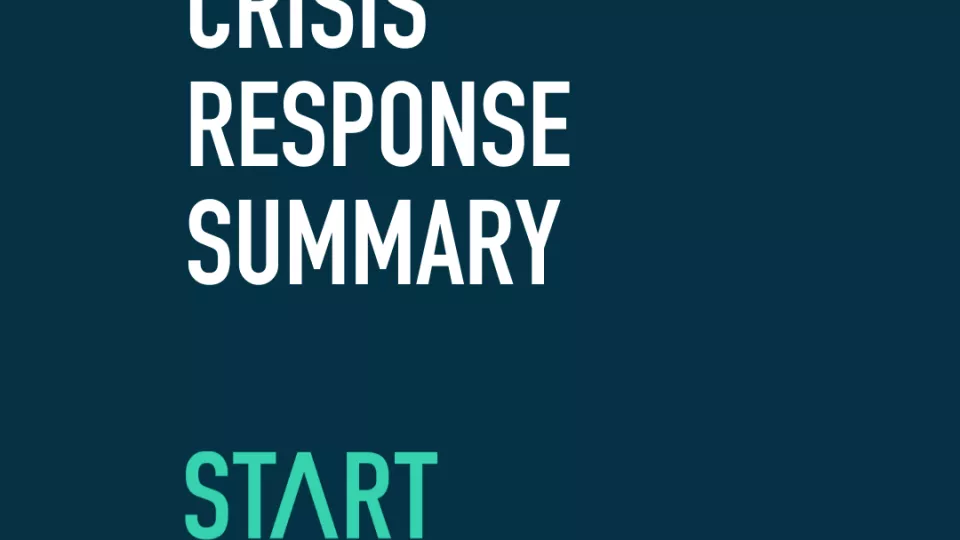
The northeastern part of Bangladesh has been devastated by a torrential flash flooding due to heavy rainfall in the upper streams of Surma, Kushiyara and other rivers of the Brahmanputra basin that linked to the northeastern part of the country.